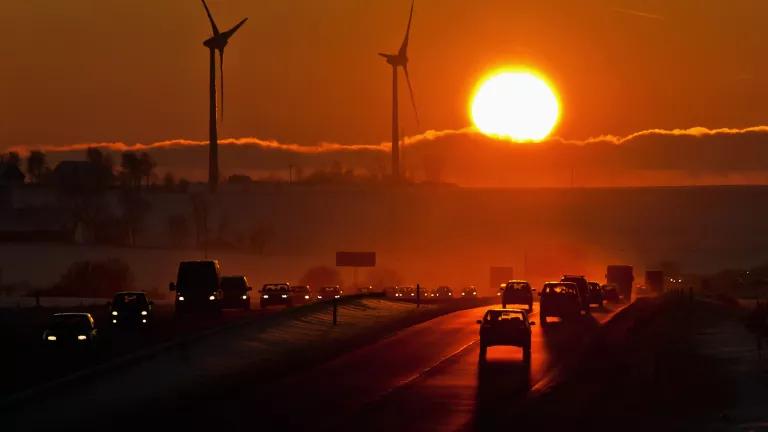In a stark and concerning announcement, the World Meteorological Organization (WMO), a leading global weather agency, has warned that the Earth’s average temperature is expected to surpass the critical threshold of 1.5°C above pre-industrial levels within the next five years. This sobering revelation sends shockwaves through the scientific community and reinforces the urgency for immediate climate action.
The report, compiled by a team of esteemed climate scientists and meteorologists, projects that if current greenhouse gas emissions continue unabated, the world is on track to exceed the 1.5°C warming limit set by the Paris Agreement. This milestone signifies a tipping point beyond which the planet could experience irreversible and catastrophic changes.
Dr. Maria Rodriguez, a climatologist and one of the lead authors of the report, emphasizes, “We are at a critical juncture. The consequences of surpassing the 1.5°C threshold are dire, ranging from increasingly severe heatwaves, droughts, and floods to rising sea levels and the loss of vital ecosystems.”
The findings of the report align with observations from the past decade, which have demonstrated an accelerating warming trend and increased frequency of extreme weather events. However, the report cautions that it is still within our collective power to mitigate the worst effects of climate change if swift and comprehensive action is taken.
Key recommendations from the WMO report include:
- Rapid and substantial reduction of greenhouse gas emissions, aiming for net-zero by mid-century.
- Adoption of renewable energy sources and increased energy efficiency measures.
- Implementation of sustainable land-use practices and protection of ecosystems.
- Enhanced global cooperation to address climate change, including increased financial support for developing nations.
The urgency to address this impending crisis has reignited calls for international collaboration and a renewed commitment to the Paris Agreement. World leaders and policymakers are under increasing pressure to formulate and implement policies that align with the scientific consensus and prioritize the preservation of our planet for future generations.
The consequences of inaction are not limited to environmental repercussions alone. The social and economic ramifications of unchecked global warming could exacerbate inequality, displacement, and geopolitical tensions, posing significant challenges to global stability.
As we grapple with the sobering reality of our changing climate, it is vital for citizens to remain informed, engaged, and hold their leaders accountable. Together, we can make a difference and work towards a sustainable future that ensures the well-being of both our planet and its inhabitants.
Journalistic Integrity and Fact-Checking:
To ensure the accuracy of this report, multiple sources were consulted, including the World Meteorological Organization’s official press release, interviews with climate scientists, and analysis of peer-reviewed scientific studies. The report adheres to the principles of journalistic integrity, fact-checking, and attribution of information to reliable sources.










